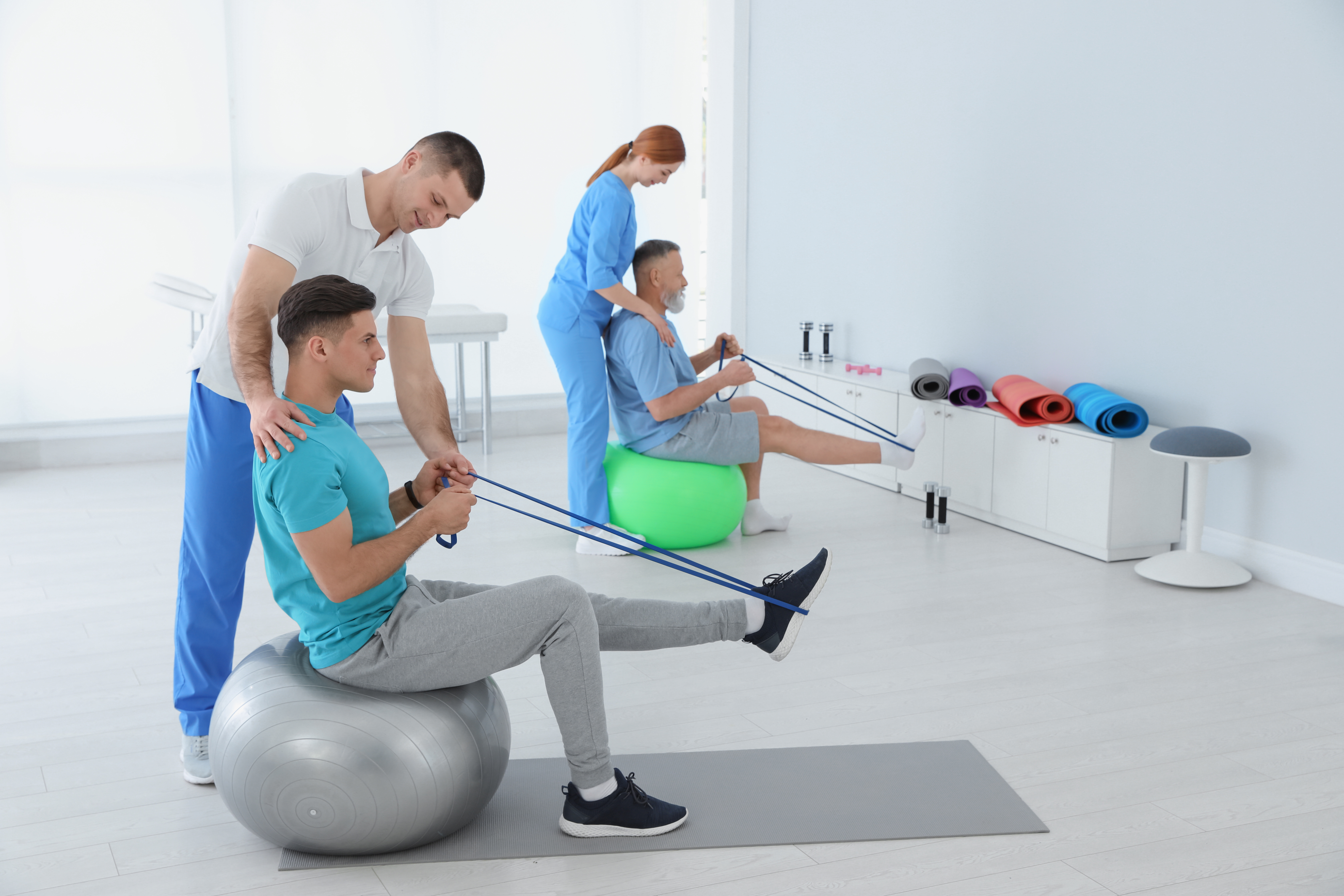This Essential Role of Individual Training to Successful Recovery Rehabilitation.
This Essential Role of Individual Training to Successful Recovery Rehabilitation.
Blog Article
Personal training holds a vital role in the recovery process after an injury. When someone gets injured, whether it is a sprain, strain, or a more serious damage, the road to recovery can be long and difficult. Personal coaches are specially trained to help clients recover their strength, flexibility, and general fitness. They create personalized workout programs that cater to the particular needs of the injured person, making sure that the rehabilitation journey is both secure and effective. This tailored method is essential for helping clients return to their normal routines and avoid future damages.
One of the key benefits of personal training during rehabilitation is the expertise that coaches offer to the process. They comprehend the body's body and how it reacts to various types of workouts. This expertise allows them to create plans that focus on rebuilding power in the injured region while also improving overall fitness. Personal trainers can monitor progress closely and make adjustments to the program as necessary. This continuous evaluation is crucial because it assists to guarantee that the client is not overexerting themselves too hard, which could lead to re-injury.
Another important factor of individual coaching in post-injury recovery is encouragement. Healing from an accident can be psychologically and bodily draining. Individual trainers provide encouragement and support, helping individuals stay committed on their objectives. They can also help set realistic expectations, which is important for maintaining a positive attitude during recovery. With a individual coach by their side, clients are more apt to adhere to their rehabilitation plan and remain committed to their rehabilitation process.
In addition to bodily training, personal trainers often include education into their sessions. They teach individuals about correct body mechanics, the importance of preparatory exercises and post-exercise routines, and how to listen to their bodies. This knowledge enables clients to take an proactive role in their recovery. Understanding how to prevent subsequent damages is just as crucial as recovering from the current one. Individual coaches can provide valuable insights into daily modifications and exercises that encourage long-term wellness and fitness.
Ultimately, personal training can improve the overall rehabilitation process by creating a sense of community. Many coaches build a supportive environment where individuals feel at ease sharing their challenges and achievements. This camaraderie can be incredibly beneficial, as it helps clients feel less isolated during their recovery. By collaborating with a personal trainer, clients not only improve their physical well-being but the original source also gain a network community that motivates them to stay involved and motivated throughout their rehabilitation journey.